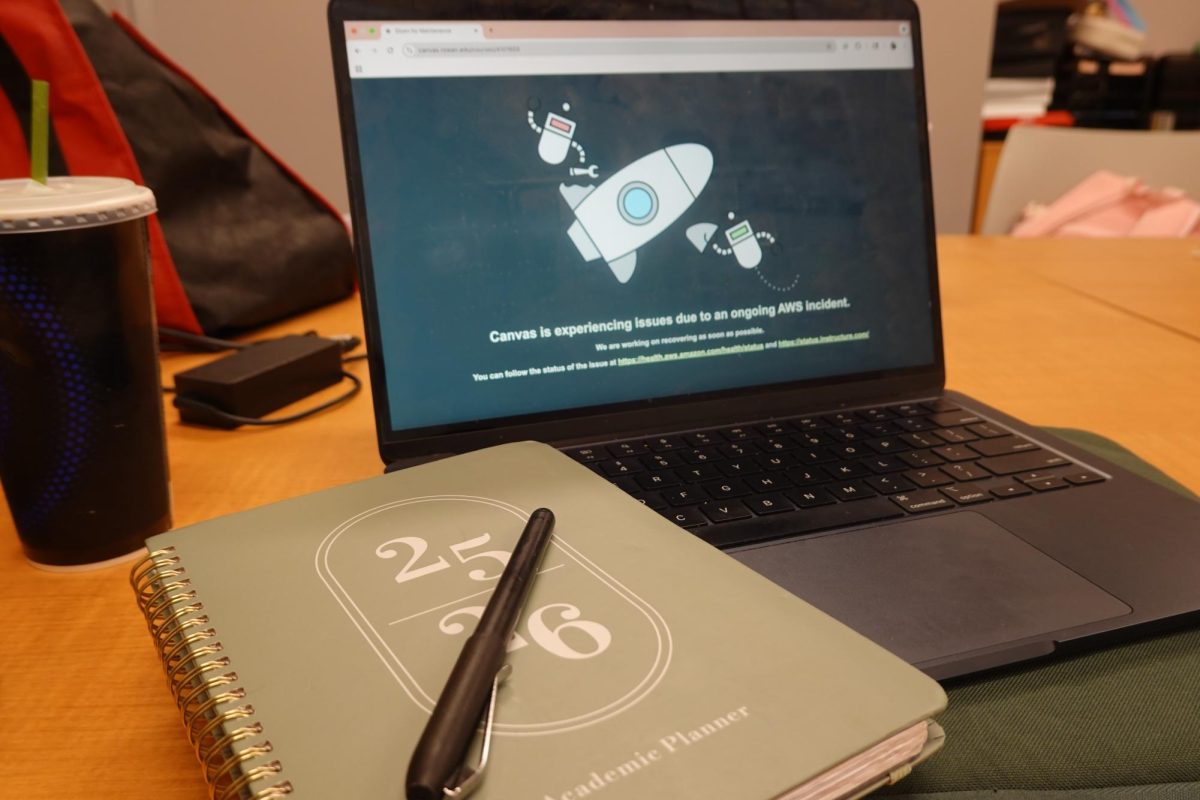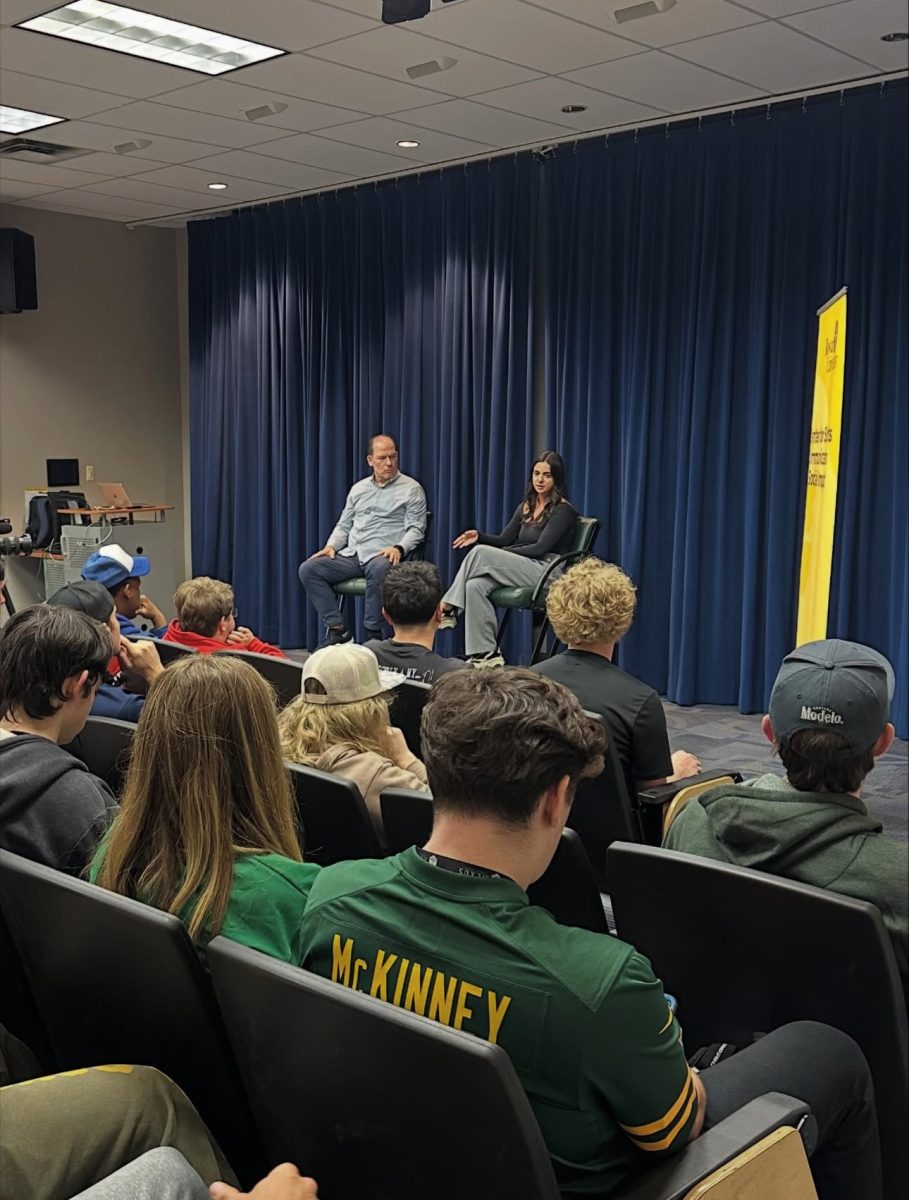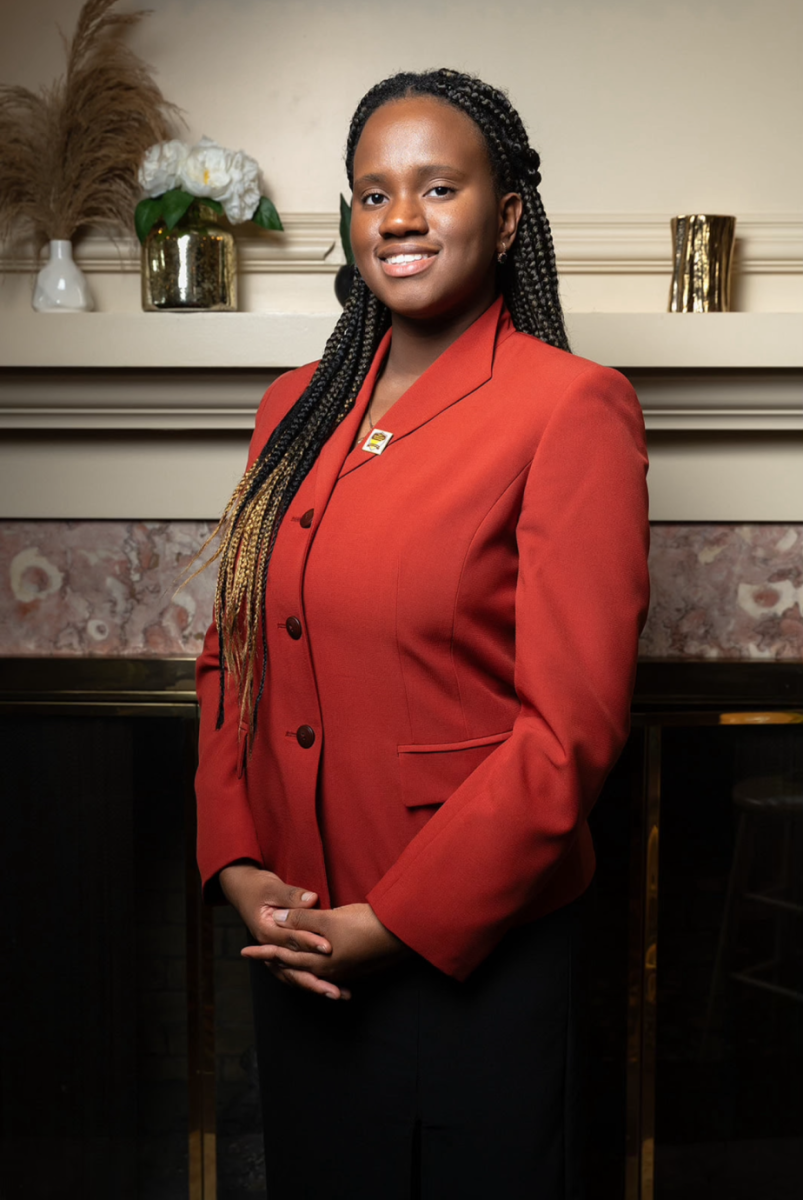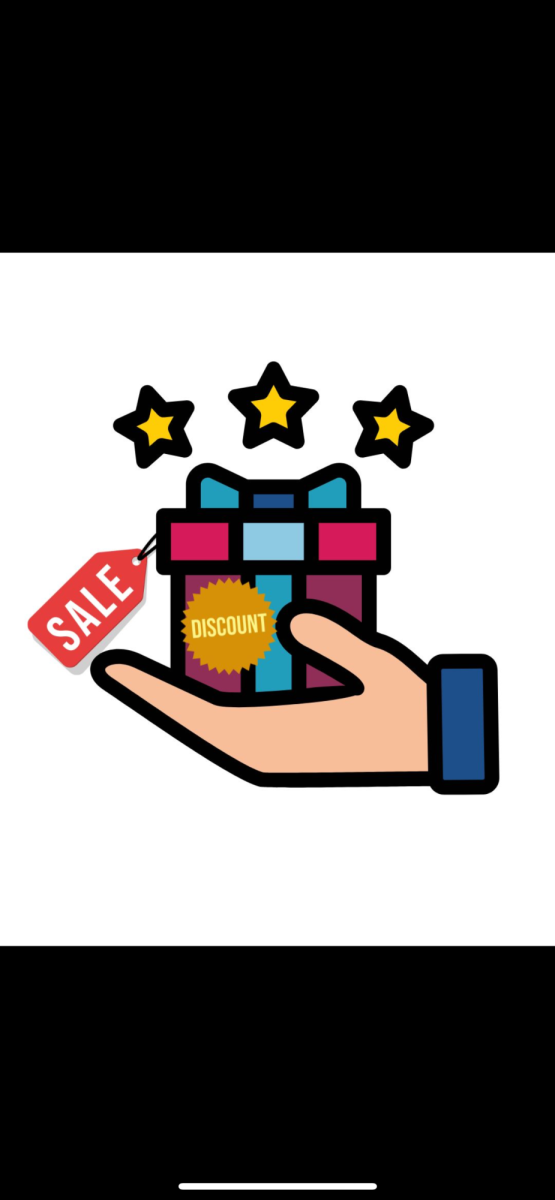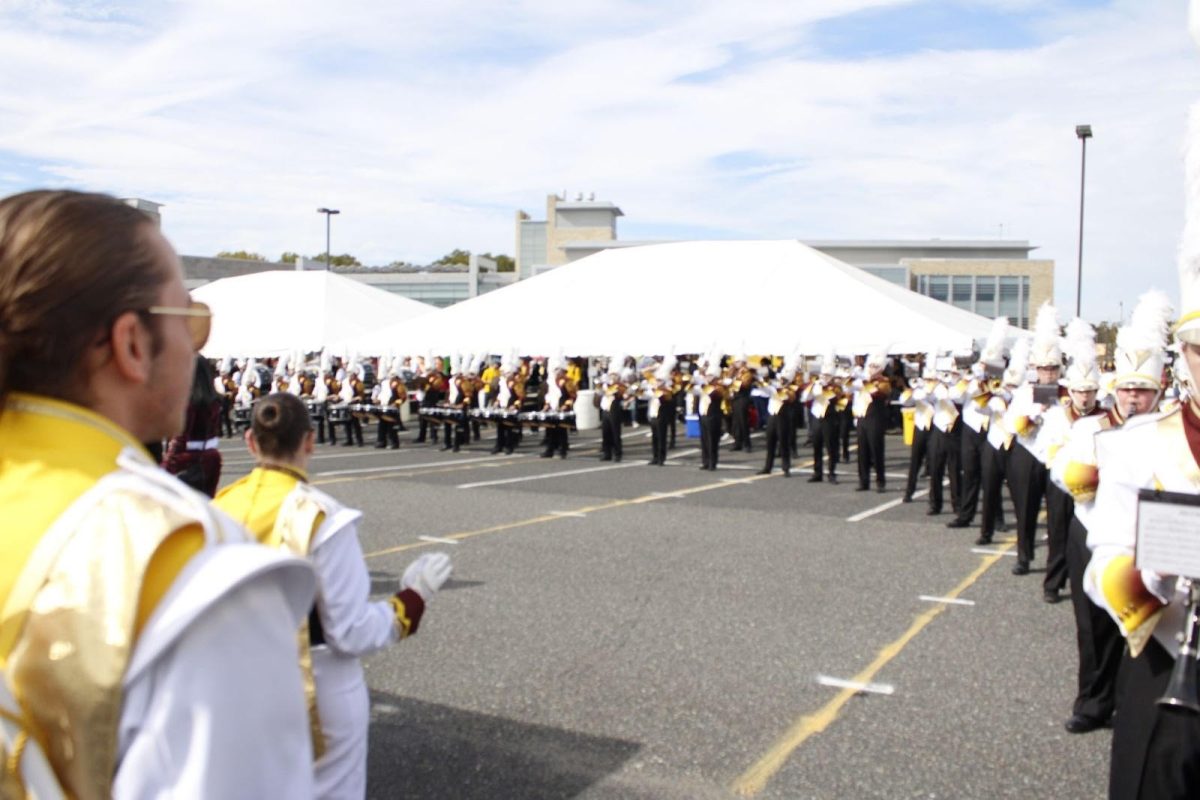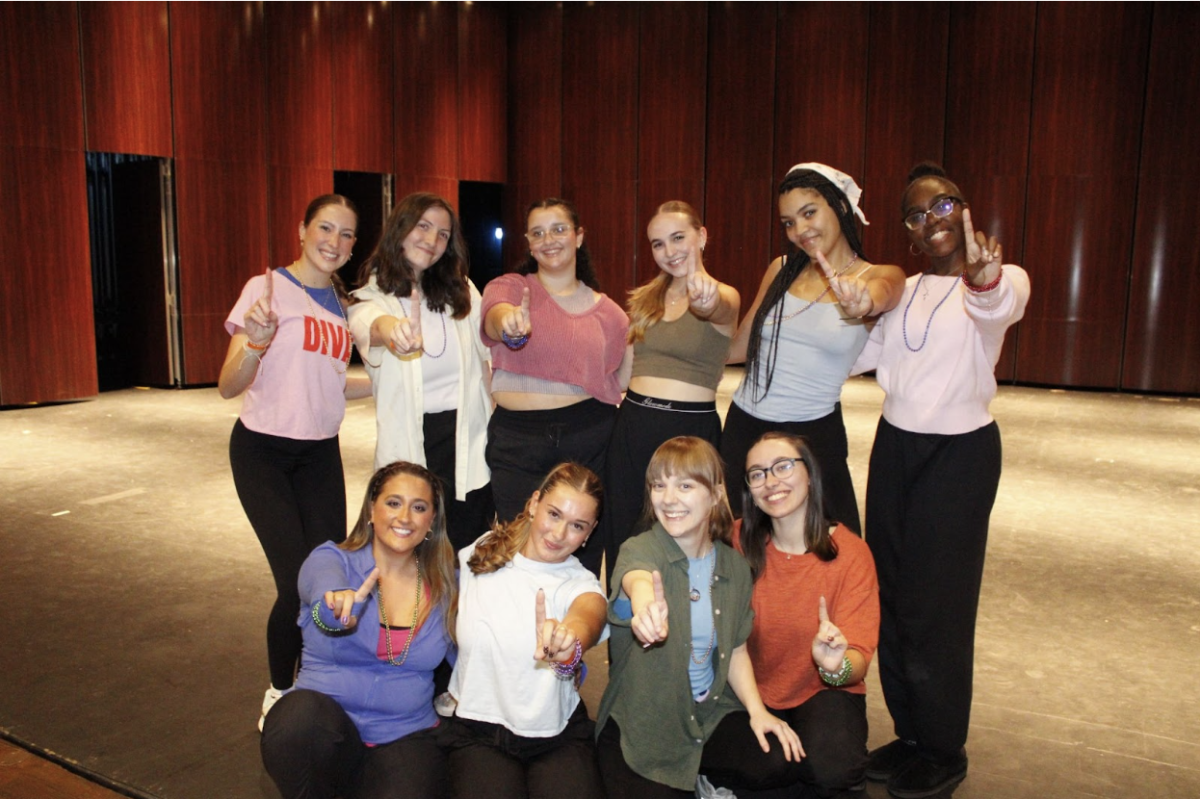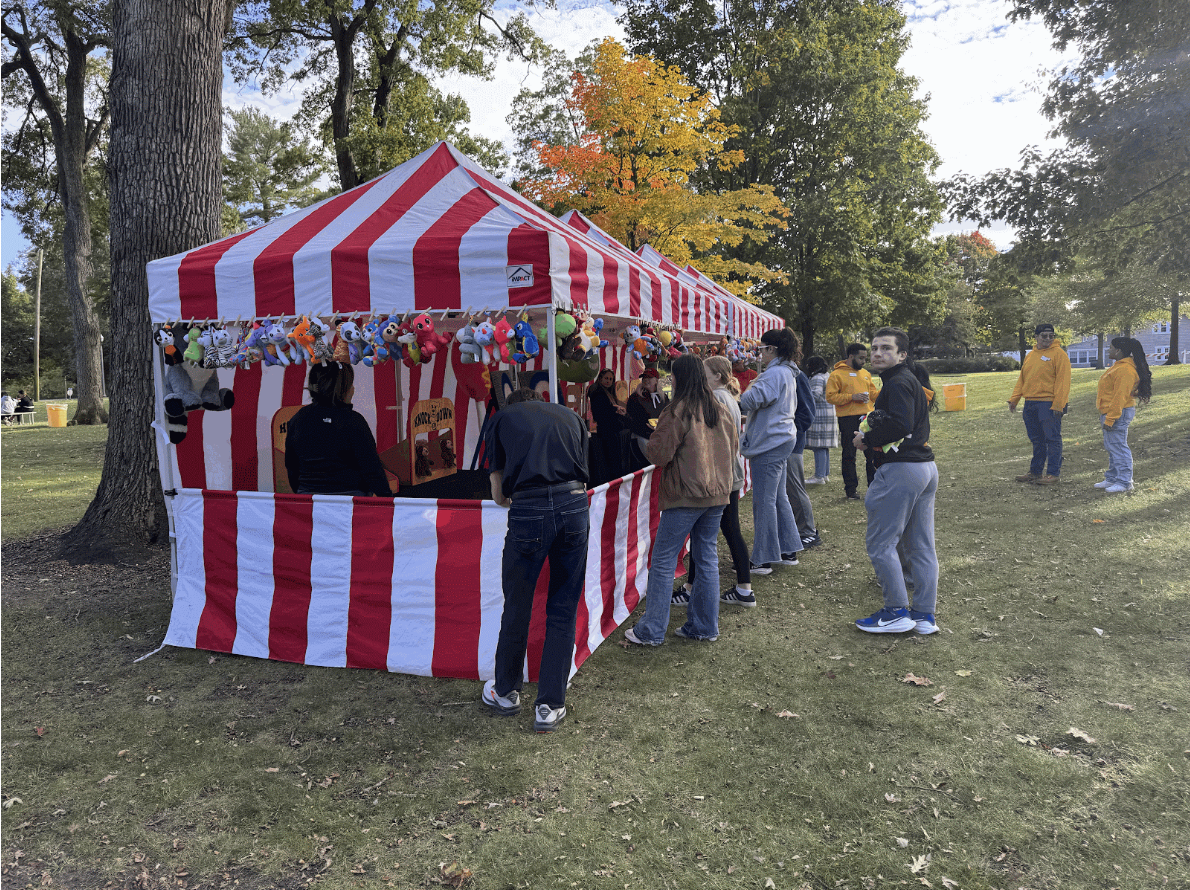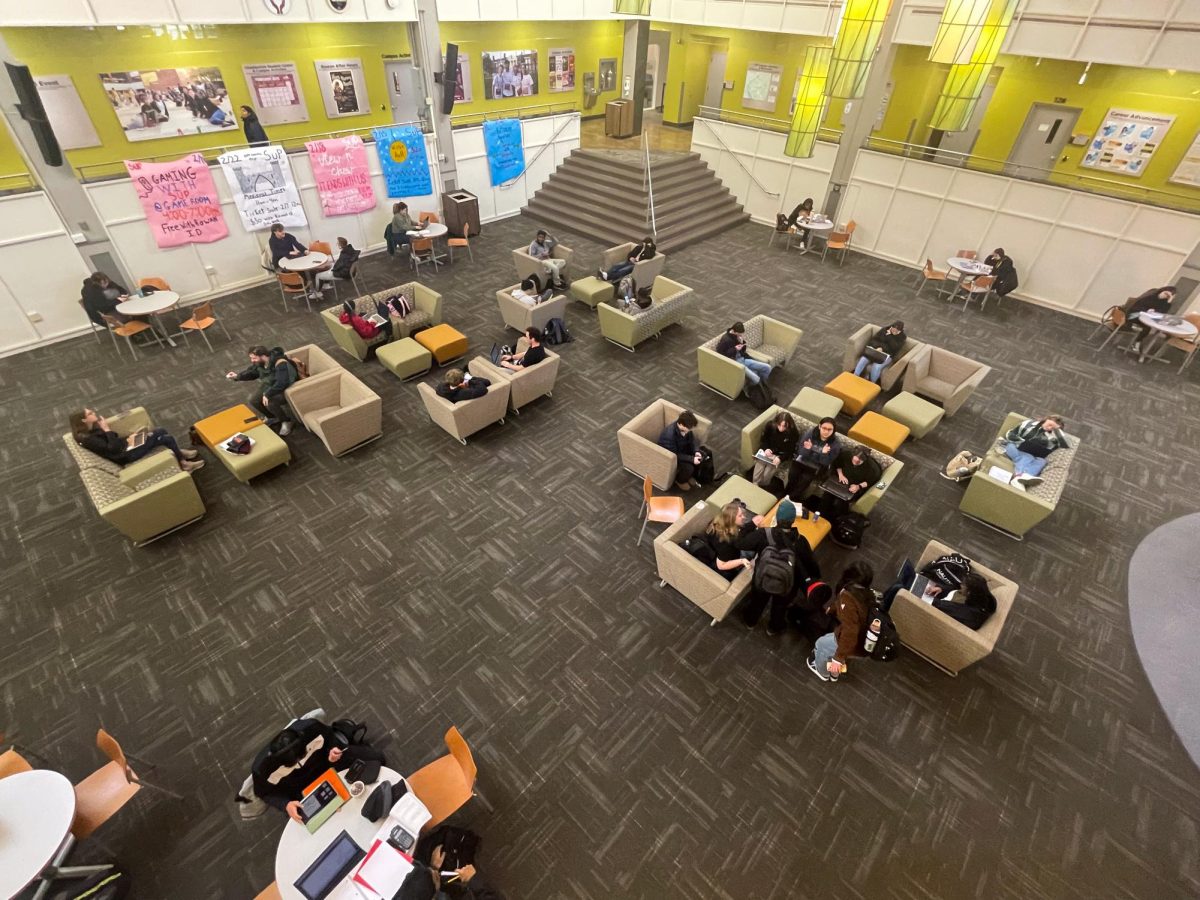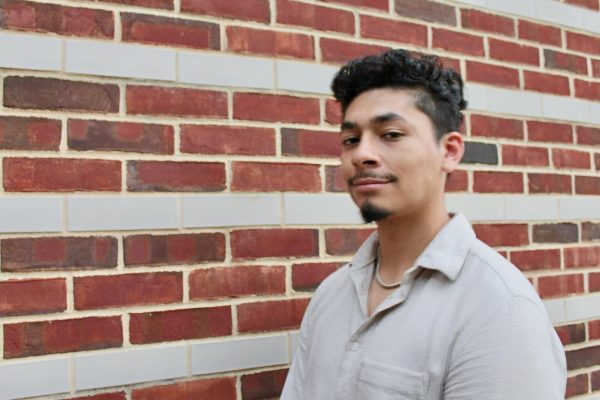A college education is one of the biggest investments many make as they follow their ideal path for future careers. Students are not only paying for the tuition to take the course but they are also expected to buy materials and textbooks for individual classes. Even so, those who live on campus are expected to pay more for things like room and board, food, and hygiene products. So much money goes into the investment of the “college experience,” but are Rowan students able to navigate their time and money doing so?
Many students on campus come from different backgrounds, which means that they may have had unique experiences in understanding what financial literacy is. For clarity, financial literacy is the ability to understand and effectively use various financial skills, including personal financial management, budgeting, and investing. It ranges from financial knowledge and capabilities that enable individuals to make informed and sound financial decisions by helping them achieve financial well-being and stability.
Freshman biomedical engineering major, Megan Abano, shared her thoughts on what financial literacy meant to her.
“Financial literacy to me is knowing how to manage your money while understanding the economic environment. Whether that is budgeting or making sure you spend wisely. For me, it’s knowing if I have money to spend to pay for food at the student center,” Abano said.
When asked about how she felt about her abilities on her financial literacy skills, Abano expressed that she would like to know more since she is starting college and recently became an adult.
Freshman English major Emily Small and freshman linguistics major Juan Morales expressed a similar understanding of financial literacy, as they listed the common essentials of financial literacy, however, Small spoke further on the matter.
“These are the things that should be taught in high schools. I feel like I would have benefited a lot more as a college student knowing where I can put my money,” said Small.
According to Ramsey Solutions, a website that helps in giving financial tips written by experts says that only as of August 2024, 26 out of the 50 states require financial literacy to be taught in high school. New Jersey is not one of those states, which means that students are missing out on this information as compared to other students in different states who have to take it to graduate.
As many students have similar answers as to what financial literacy is, there were some who had more experience on how to navigate the landscape.
Sophomore mechanical engineering major, Robert Eckert, said he learned his financial literacy through the Boy Scouts and his parents. Eckert, during his time moving up to the Eagle Scout rank, learned how to finance events and budget, gaining him some experience. Aside from that, Eckert shared that he has different types of savings, including a certificate of deposit. Eckert expressed that he believes there is room for improvement but he is content with where he is at.
“Learning how to budget and plan from the Boy Scouts and then applying what I know into my personal life has given me a better grasp on making sure where I am at financially,” said Eckert.
Sophomore English major Bianca Grant shared that from a young age, her parents have been keen on teaching her the value of money and how that may affect school supplies and other materials.
“My mother and father taught me the value of money from a young age. Whether that would be buying a book bag or getting a pack of pencils for school, I feel like I learned a lot from them and it is helping me now,” said Grant.
Gabriel Femia, sophomore sports communication major, said that sometimes saving your money means not eating out or even spending money on things that aren’t long-term. He shared that he learned from his mother, who works in finance and taught him what he needed to know.
“My mom taught me that if I am spending money, it should be money I need to spend. Even if that means not eating out or shopping for new clothes. As long as I’m aware of where my money is going, then everything should be fine,” said Femia.
Overall, it seems that financial literacy is mostly shared by parents who give their knowledge on how to navigate the financial world. Luckily for those who may have concerns about their financial literacy, Rowan has a solution. Rowan offers a course called “Financial Wellness: Planning for Personal Financial Success.” This is a two-credit course that is open to everyone starting their freshman year as it helps start financial habits by making students practice budgeting and setting spending goals for future investments. There are usually up to two in-person classes, however, there are many online classes, allowing students to not miss out on the opportunity.
For comments/questions about this story DM us on Instagram @thewhitatrowan or email [email protected]




